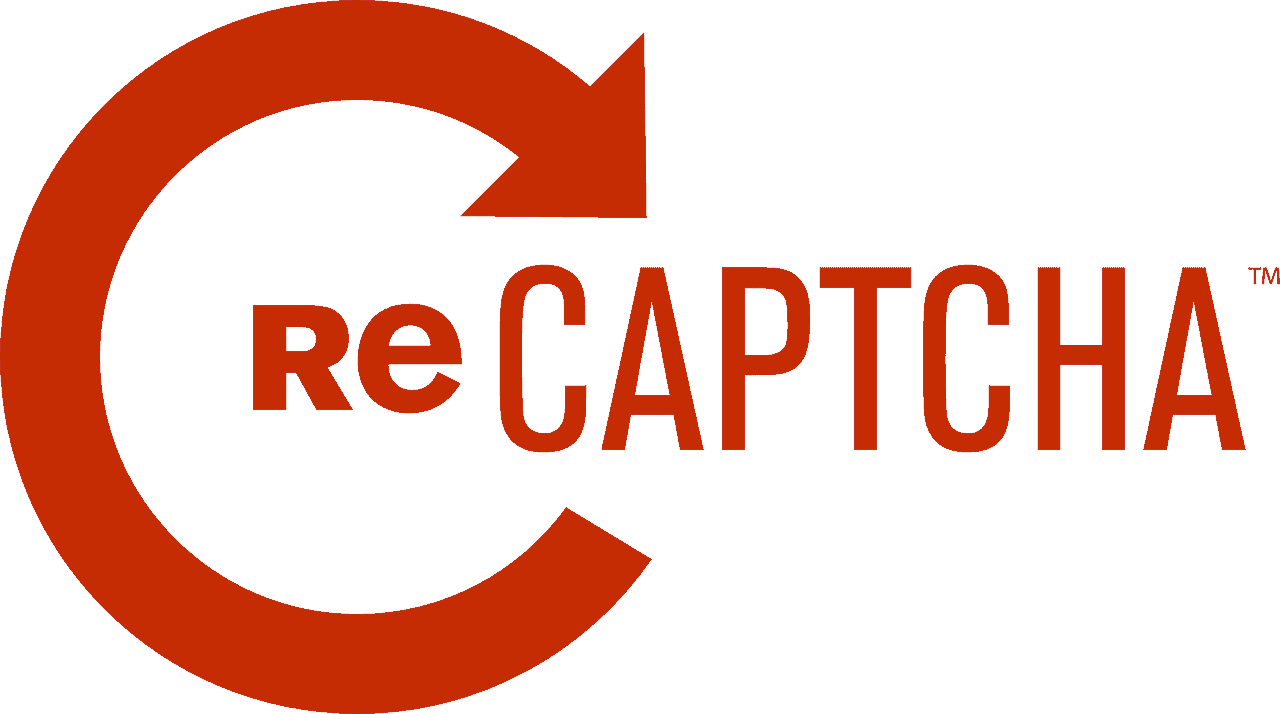Web scrapping is a threat where cybercriminals automate a bot to collect data from your site to use for malicious purposes, including cutting prices and reselling content. Most website owners get nervous when the thought of a hacker scraping all their data comes into mind.
They continue to wonder whether there is any technical solution that can help in web scraping prevention or stopping it. Unfortunately, websites that present information that is accessible to the average visitor, the content can be scrapped by a bot or application. It means that any content that is viewable on a webpage can as well be discarded.
Although it might be impossible to secure your site information from being lifted fully, there are various measures you can put in place to make it difficult for the web scraper. It will make them not attempt to scrap your site at all or give up without succeeding. This blog will look into popular tactics that can be used in web scraping prevention.
Avoid Exposing Your Complete Data Set
Don’t create any chance for a bot to access your entire dataset. For instance, if you own a news website with numerous articles, you can make them accessible only when searched through the on-site search. The individual articles will only be accessible through the on-search feature if the on-site doesn’t have a list of all the articles and their URLs are not available anywhere.
Therefore, a bot trying to access all the articles might not do it successfully as it has to do searches for any phrases which might appear in your articles. It is tiresome, inefficient, and time-consuming, making the hacker give up.
However, this might be ineffective if;
- All your articles are served from a URL that appears like name.com/article.php?articleId=13344. It will grant hackers a chance to iterate over the article and access all the articles in the same way.
- When the script does not need a complete dataset to scrap content.
- You require a search engine for you to get your content.
If there are various ways of finding articles, this won’t be helpful; such methods include creating a script to follow other articles via a link within other articles.
Monitoring Traffic Patterns and Logs

Consider checking your logs frequently if you notice unusual activity that could be a sign of an automated bot or script block or limit the access immediately. Symptoms of automated access include many actions that are similar and from the same Ip address.
Specific ideas that you can apply;
Block all requests originating from one computer that is sending them too fast; this is the immediate measure you should put in place to stop web scrapers.
Most proxy services, company networks, and VPNs show all outbound traffic originating from a particular IP address. Thus, you can end up blocking many legitimate users who will appear to be connecting via the same computer.
In some cases where the scraper has enough resources, they can circumvent this kind of protection by setting up various machines, such that only a few requests are sent from each device. Similarly, if they have enough time, they can slow their scrapper to wait in between requests; this will appear as if it’s just another user trying to access your links every second.
Keep Changing the Website HTML Frequently
Web scrappers depend on patterns in HTML markup. They apply the practices as clues to assist their bots in locating the correct data in your website’s HTML center. Regularly hanging your website markup will be too inconsistent, thus frustrating the web scraper to the point of giving up.
It doesn’t mean you have to redesign your entire website; you can inconvenience the web scraper by simply changing the id and class in your HTML.
Use CAPTCHAs When Appropriate

CAPTCHAs are well designed to distinguish computers from human beings. It does this by giving problems that individuals solve quickly, while machines find them quite tricky. Although human beings consider these problems easy, they find them quite irritating. Thus, CAPTCHAs should be used sparingly despite their usefulness.
You can consider presenting a CAPTCHA only when a specific user has made many requests within a few seconds. This way, you will effectively stop a scraper without being an annoyance to your customers.
CAPTCHAs are helpful if you suspect the possibility of a scraper; it allows you to stop scrapping without denying access if it’s a real user. Every time you suspect a scrapper shows a CAPTCHA before giving access to your website.
Here are things you need to know when using CAPTCHAs;
There should be no solution to the Captcha in your HTML markup; this can render it entirely useless. Consider using services such as reCAPTCHA to avoid irregularities such as having the problem’s solution on the same page.
Avoid creating your own. Go for Google reCAPTCHA. It’s user-friendly and easy to implement compared to some warped or blurry text solution you might develop. Additionally, it will be pretty hard for a computer to solve, unlike simple images provided by your website.
Require Registration and Login to Access
HTTP is a protocol that doesn’t store any information from across the request. However, HTTP customers such as browsers preserve session cookies. It simply means that a scraper doesn’t have to show identification when accessing a page on a public website.
However, if the page is secured through login, the hacker must send identification details for every request to access the content. It can assist the website owners in tracing back and identifying the scraper. It might not stop web scrapping but will provide information on the person trying to create automated access to your site.
To avoid the creation of different accounts by the script;
- Ask for an email address during registration and send a link to that address for verification. The link must be clicked and opened for an account to be activated. There should be only one account for each email address.
- To prevent automated bots from creating accounts, add a reCAPTCHA during the registration, which must be completed.
Ensure Your Error Message Is Nondescript When You Block

Whenever you limit access or block a computer, ensure you don’t inform the scraper why you are denied access. It will give them progressive ideas on how to fix their bot. it’s not a good idea at all to respond with texts on the error pages such as;
- Error, User-Agent header missing
- Something went wrong, contact support
- Too many requests; try again later.

